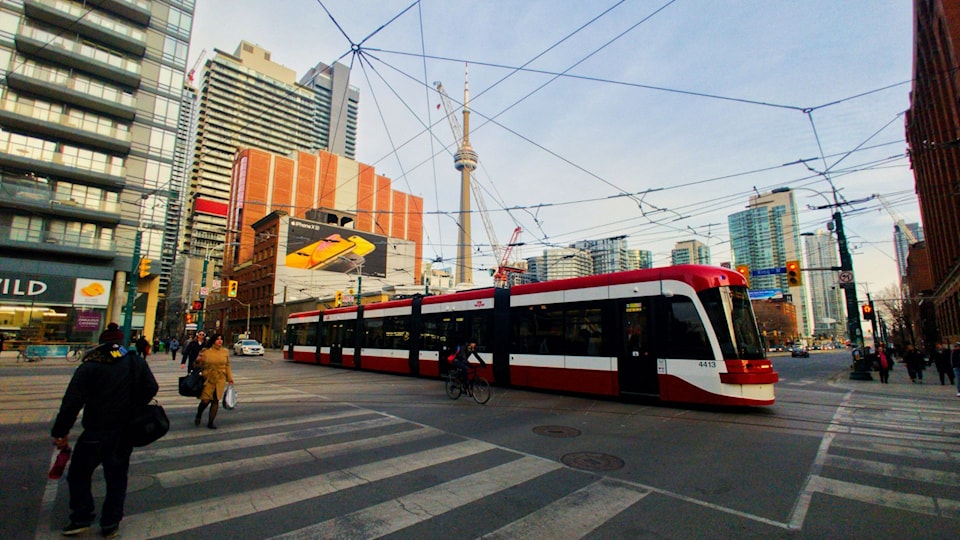Toronto commuters could wake up to a commuting nightmare Friday as 12,000 Toronto Transit Commission (TTC) employees are legally positioned to strike.
Almost all the employees including bus and subway drivers could walk off the job at 12:01 a.m. Friday.
This action could lead to significant disruption in the city's transit system.
People who depend on public transportation to work and school must find other transportation options if the strike occurs.
However, Wheel-Trans service will continue to run in the event of a strike.
ATU Local 113 president Marvin Alfred said the union’s main sticking points in negotiations include wages, benefits, and several job security issues.
Stephanie Gomes, an ATU spokesperson told Humber news that in terms of negotiations with the City of Toronto, there has been minimal progress.
She said the primary demands of ATU Local 113 that have led to the decision to strike include "job security, wages, protection for cross-boundary transit, benefits, and safer work conditions."
"Local 113 doesn't want to strike, but this course of action is inevitable because the TTC isn't willing to deliver a fair contract," Gomes said.
"Strike action on Friday is the only option on the table for now," she said.
TTC workers recently regained the right to strike again through a May Superior Court of Ontario ruling. The decision overturned a 2011 law that designated the TTC as an essential service. The law was deemed to have violated the Charter of Rights and Freedoms by Justice William Chalmers.
This could be Toronto's first transit strike since 2008. Other transit systems such as GO and the other municipal bus systems will continue to operate as usual.
Kusum Sharma, a daily TTC commuter, said a strike would be difficult for those who rely on it.
"It will be an inconvenience for many people in Toronto, especially those who rely on the TTC as their mode of transportation on a daily basis," she said.
"The potential strike will have a huge impact on the city. Come to think of it, TTC is the heart of this city’s commute," Sharma said.
She said her alternate plans include using GO trains and York Region Transit.
The TTC moves more than 1 million people per day on its 184 routes.
Nitika Mishra, who relies on TTC transit daily to get to work, said she will incur extra financial expenses if there is a strike.
"I generally use the TTC for my daily commute to the office and back home. If the strike happens, I will have to take expensive measures like Uber or cabs," Mishra said.
"The potential impact is going to be huge. There are many working people, students, and individuals struggling to make ends meet in Canada," she said.
"Transit helps reduce traffic congestion, but if more people start using cars or bikes, it will increase congestion too," Mishra said.




